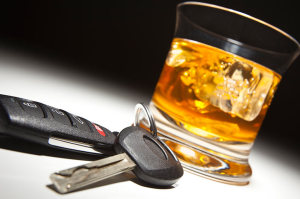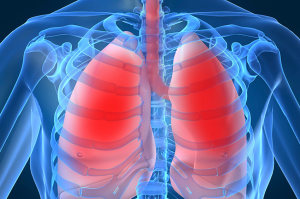South Carolina is in the top 5 states for bicycle fatalities. (See our recent infographic for more facts and figures about bicycling in the Palmetto State:) One step we could take to increase safety for cyclists is enactment of a 3-foot passing law.
Skeptics of the 3-foot laws say enforcement is difficult, especially if there is no collision between the vehicle and the bicycle. Proponents, on the other hand, say the collection of fines is not the point — the point is to increase awareness by drivers that they must safely share the road.
When states consider such legislation, a public dialogue ensues, putting the issue of bicycle safety top of mind. Once the 3-foot law is enacted, a public education campaign typically follows, again bringing attention to the topic and causing motorists to be aware that they are expected to alter their driving behavior.
 South Carolina Lawyer Blog
South Carolina Lawyer Blog


 “What’s the buzz, tell me what’s a-happening, what’s the buzz, tell me what’s a-happening . . . .” Andrew Lloyd Webber’s 70’s rock musical Jesus Christ Superstar posed the question. And I have the answer:
“What’s the buzz, tell me what’s a-happening, what’s the buzz, tell me what’s a-happening . . . .” Andrew Lloyd Webber’s 70’s rock musical Jesus Christ Superstar posed the question. And I have the answer: With November being Lung Cancer Awareness Month and the 20th being designated as the Great American Smokeout, a day on which smokers are encouraged to make a plan to quit, we were especially interested to learn that South Carolina ranks third worst in the nation for combating lung cancer, according to a survey by Wallet Hub.
With November being Lung Cancer Awareness Month and the 20th being designated as the Great American Smokeout, a day on which smokers are encouraged to make a plan to quit, we were especially interested to learn that South Carolina ranks third worst in the nation for combating lung cancer, according to a survey by Wallet Hub.